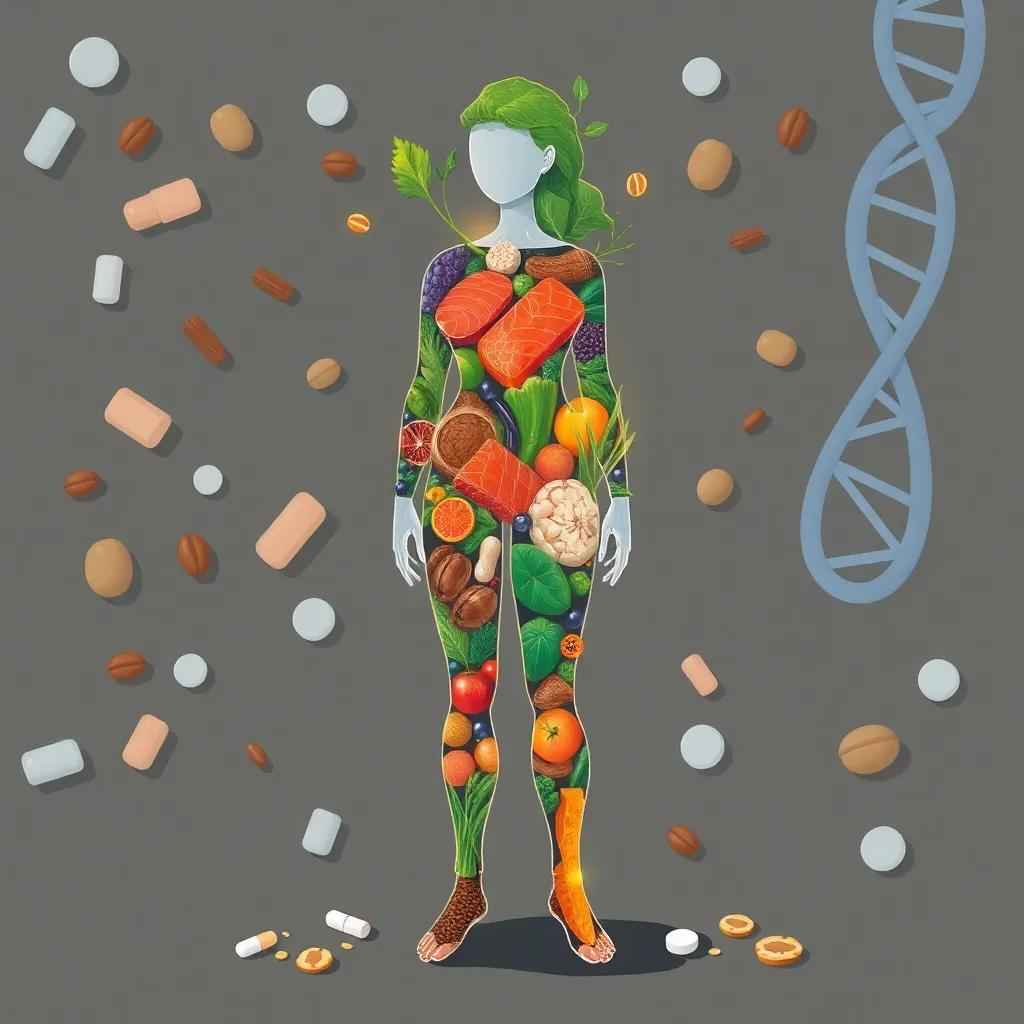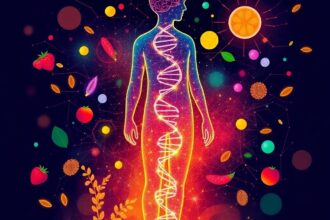This article reviews the impact of diet, supplements, and nutritional interventions on health outcomes in breast cancer patients undergoing endocrine therapy.
Exploring how diet and supplements can alleviate side effects and improve quality of life for breast cancer patients on endocrine therapy.
Dietary Interventions for Breast Cancer Patients on Endocrine Therapy
Introduction
Endocrine therapy, particularly aromatase inhibitors (AIs), is a cornerstone in the treatment of hormone receptor-positive breast cancer. However, AI-induced arthralgia affects up to 50% of patients, often leading to treatment discontinuation. Emerging evidence suggests that dietary interventions may mitigate these side effects and improve quality of life.
The Role of Omega-3 Fatty Acids
A 2021 meta-analysis published in Breast Cancer Research and Treatment
found that omega-3 supplementation significantly reduced joint pain severity in AI-treated patients. Dr. Wendy Chen of Dana-Farber Cancer Institute noted, Our randomized trial showed a 30% reduction in arthralgia scores with 4g/day of fish oil.
Vitamin D and Bone Health
The VITAL trial (2020) demonstrated that vitamin D supplementation (2000 IU/day) reduced AI-associated musculoskeletal symptoms by 22%. However, the American Society of Clinical Oncology’s 2022 guidelines emphasize individualized dosing based on baseline levels.
Controversies Around Soy Isoflavones
While some studies suggest soy may alleviate hot flashes, the SWOG S1201 trial found no significant benefit for joint symptoms. Dr. Dawn Hershman’s team at Columbia University advises moderate soy consumption appears safe, but shouldn’t replace evidence-based interventions.
Practical Recommendations
The MD Anderson Cancer Center’s 2023 nutritional guidelines for breast cancer patients recommend:
- 2-3 servings of fatty fish weekly
- Maintaining vitamin D levels >30 ng/mL
- Anti-inflammatory Mediterranean diet pattern
- Limiting alcohol to ≤3 drinks/week
Future Research Directions
Ongoing trials are investigating the gut microbiome’s role in AI tolerance and whether personalized nutrition approaches can improve outcomes. The NCI-funded RELEVANCE trial (2024) will compare different dietary patterns in 800 AI-treated patients.




